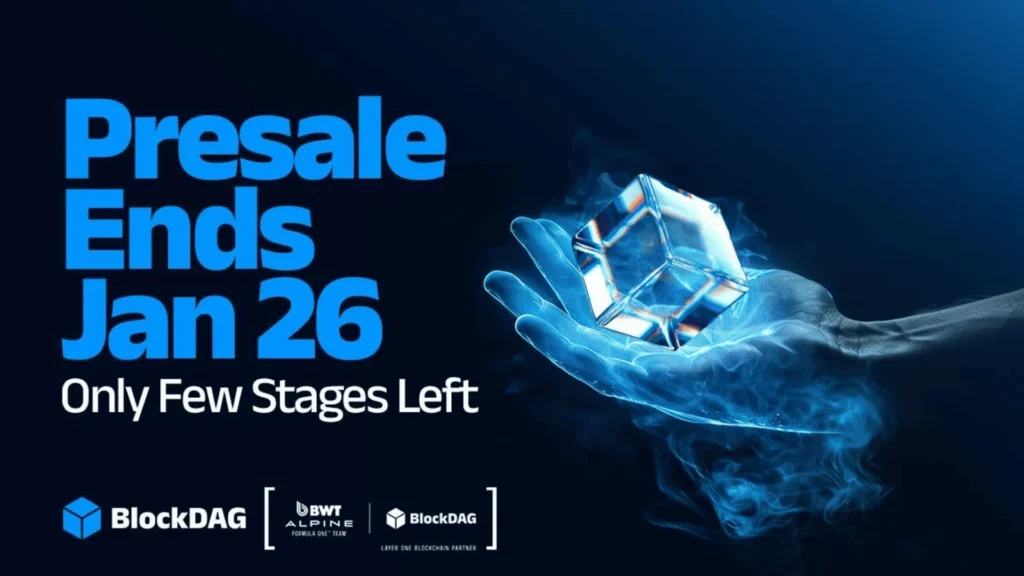
- Madras High Court confirms crypto can be owned and held in trust.
- WazirX has been barred from redistributing investors’ unaffected XRP holdings.
- Ruling strengthens investor rights and Web3 governance in India.
In a landmark ruling that could reshape cryptocurrency in India, the Madras High Court has declared that cryptocurrencies qualify as property under Indian law.
The Court’s decision, delivered by Justice N. Anand Venkatesh, affirms that cryptocurrencies can be owned, held in trust, and protected as legal property — a major step in clarifying the legal status of digital assets in the country.
Cryptocurrency in India now recognised as property
The case arose from a petition by an investor whose 3,532.30 XRP coins were frozen after a cyberattack on WazirX , one of India’s largest cryptocurrency exchanges.
In July 2024, the platform suffered a $234 million hack involving Ethereum and ERC-20 tokens.
While the investor’s XRP holdings were not part of the stolen assets, WazirX sought to redistribute all users’ funds under its so-called “socialisation of losses” plan.
Justice Venkatesh firmly rejected the proposal, ruling that each investor’s digital holdings are individual property and cannot be diluted or redistributed to cover exchange losses.
He emphasised that cryptocurrencies, though intangible, possess all the essential attributes of property — they are identifiable, transferable, and exclusively controlled through private keys.
“It is not a tangible property nor is it a currency,” the judge observed. “However, it is a property, which is capable of being enjoyed and possessed in a beneficial form.”
This interpretation grants digital asset holders stronger legal standing, ensuring that their cryptocurrencies are recognised as assets protected under Indian law.
Jurisdiction and investor protection
The Court also settled questions over jurisdiction, dismissing WazirX’s argument that Singaporean arbitration rules applied because its parent company, Zettai Pte Ltd, is based in Singapore.
Justice Venkatesh cited the Supreme Court’s earlier decision in PASL Wind Solutions Pvt Ltd v. GE Power Conversion India Pvt Ltd (2021), noting that Indian courts have authority over assets located within India.
Because the investor’s transactions originated from Chennai and involved an Indian bank account, the Court confirmed that the case fell squarely under Indian jurisdiction.
The court further highlighted that Zanmai Labs Pvt Ltd, which operates WazirX in India, is registered with the Financial Intelligence Unit (FIU) — unlike its foreign parent company or Binance .
This distinction reinforced that Indian exchanges operating domestically are subject to Indian oversight and accountability, particularly in protecting user assets and maintaining transparent custodial practices.
Strengthening Web3 governance
Justice Venkatesh’s decision went beyond individual relief to call for higher standards of corporate governance in the Web3 and crypto sectors.
He urged exchanges to maintain separate client funds, conduct independent audits, and uphold robust KYC and anti-money laundering controls.
These measures, the Court noted, are vital for building trust in the digital economy and protecting consumers from future mishandling of assets.
Legal experts hailed the judgment as a milestone in developing “crypto-jurisprudence” in India.
Vikram Subburaj, CEO of Indian exchange Giottus, described it as a foundational moment that signals to all market participants — exchanges, users, and regulators — that the digital asset space will be held to strong standards of governance and protection.
A foundation for India’s crypto future
The Court’s ruling not only protects the rights of individual investors but also strengthens the broader regulatory framework around digital assets.
By recognising cryptocurrency as property, the judgment fills a crucial legal gap in a country where tax enforcement on crypto remains strict, but investor protections have lagged.
As Justice Venkatesh wrote, courts now serve as the “central stage where the future of digital value is debated.”
Through this ruling, the Madras High Court has given India a clearer picture of ownership, responsibility, and trust in the age of decentralisation.
With cryptocurrency in India now firmly recognised as property under Indian law, the decision marks a turning point for the country’s digital asset ecosystem — affirming that in India, crypto holdings are not just speculative instruments but protected assets under the law.

